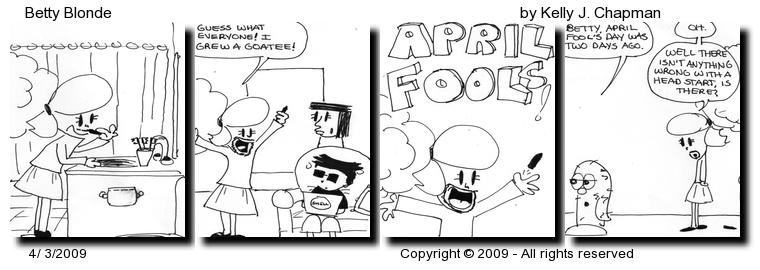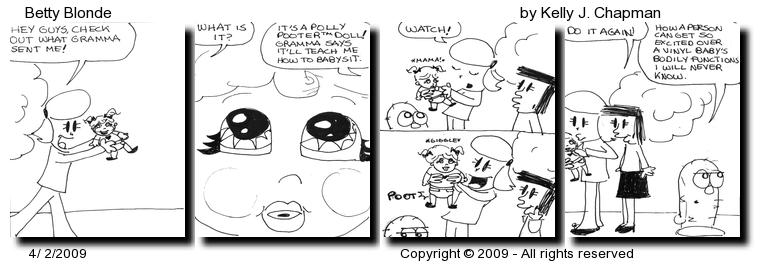This post is part of a narrative history of our homeschool. It is about why we chose to homeschool, what we did and how we did it. It is about our failures and frustrations as well as our successes. The plan is to make an honest accounting of it all for the benefit of ourselves and others. This is a work in progress which was started in late October 2014 after the kids had already skipped most or all of high school, Christian had earned a Bachelor’s degree in Mathematics (Summa Cum Laude), Kelly had earned a Bachelors degree in Statistics (Magna Cum Laude) and they were ensconced in funded PhD programs on the West Coast. I add to the narrative as I have time.
People generally like to think their children are exceptional. That is especially true when the children are young and the topic of conversation is intelligence. We are not immune to that and maybe it is a good thing. Studies have shown that one’s perception of their abilities has an impact on performance. If you think you are good at math you will do better than if you think you are not. In addition, more and more research is showing that intelligence is not immutable. If you diligently study a broad range of hard stuff, over time you can dramatically improve your performance on intelligence tests.
The funny deal with respect to our family is that Lorena and I have never had much of an illusion about our own intelligence or the intelligence of our children. I like to think I am a pretty smart guy, but I work with people who are much more intelligent than I, many of them PhD physicists and engineers. I am disabused of the idea that I am brilliant virtually every day. That being said, it always seemed peculiar to me that the ones who had to study really hard just to keep up are the ones who seem to perform best in the technical areas in which they were trained while the ones who make the claim that none of the math was hard end up in management. It kind of makes me think the ones who said it was easy were talking trash.
To be honest, when the kids were little, we did not think about what our children would have to do to perform well academically when they got into college. We believed our children were of at least average intelligence, most likely a little above that. We did things when they were very young that would serve them well in their academic pursuits later on, not because of of planning or goals, but because that is what we all liked to do. Much later we realized they would have to work hard to perform well academically. Fortunately we just happened to like to do some of those things that would help them in that regard.
I will talk in this chapter about three specific things we did when the kids were little that gave them an academic advantage when the got to a more formal educational setting. First, we read a lot together and were surrounded by books in the house and out. Second, we spent a lot of time memorizing poems and scripture. Finally, we came to the realization, very early on, that Christian learned in very different ways from Kelly. I will explain how this was manifested with two examples: The different ways they learned how to ride a bicycle and the different ways they learned how to read.
Of course, all this happened in the context of other normal, often quite frivolous childhood pursuits that included art (clay, PlaDoh, Legos, massive amounts of printer paper, crayons, etc.), swimming and swimming lessons, museum, zoo, aquarium, park and farm visits, play dates, etc., etc., etc. One of the understated elements of their pre-Kindergarten education is that it happened consistently, every day for between a half an hour and several hours over a period of three or four years. What we did was important, but that we did it in a way that all of us enjoyed and that we did it consistently was what made it work.
Betty Blonde #199 – 04/21/2009
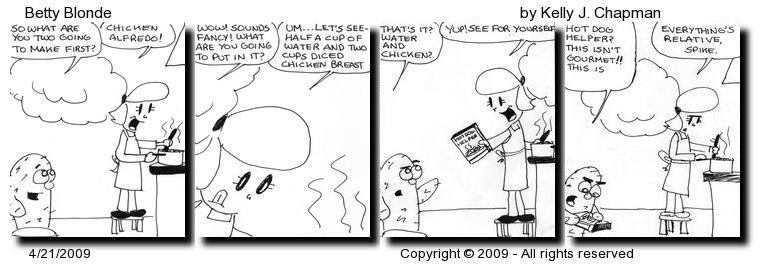
Click here or on the image to see full size strip.

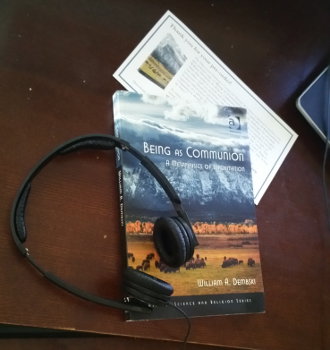
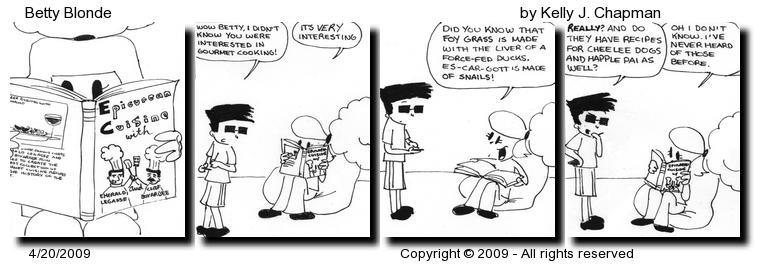
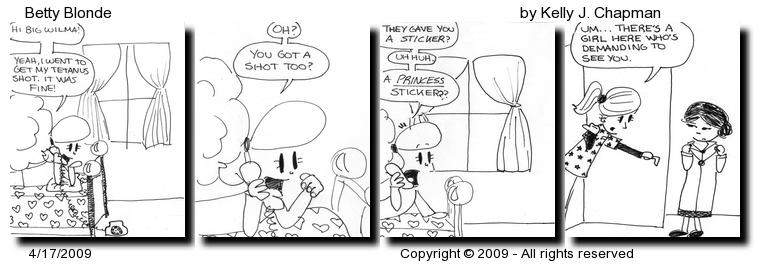
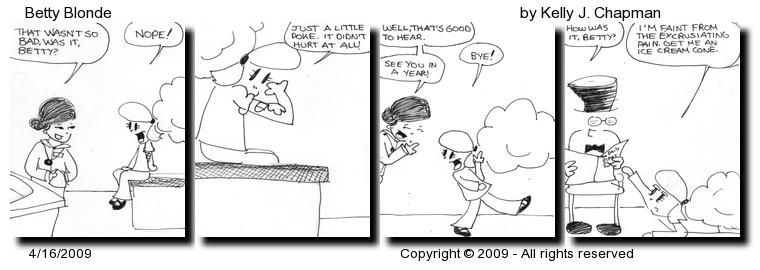
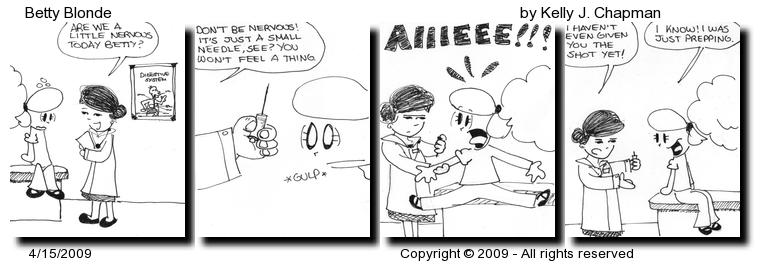
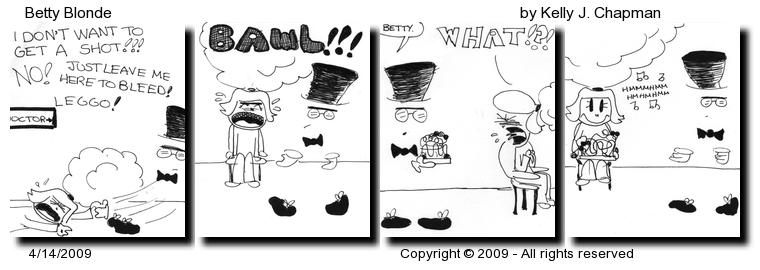
 My new Evecase Galaxy Note 4 Case, ARMURE Dual Layer Ultra Rugged Case with Kick-Stand for Samsung Galaxy Note 4 SM-N910S/SM-N910C arrived in the mail today. I bought it from Amazon for $5.97 which included shipping. It is a bigger version of the one I had for my Samsung Galaxy S3 and it is awesome. I had to read my book on the plane (horrors) WITHOUT a kick-stand. I had been bumped to first class and I had to lean forward while I ate my quiche breakfast. Even though had two very good books, it definitely detracted from the experience. I LOVE the solid feel of the case, the color (I am secure enough in my manliness to pull off a color like this), and especially the best kick-stand in the business. The price was pretty impressive, too.
My new Evecase Galaxy Note 4 Case, ARMURE Dual Layer Ultra Rugged Case with Kick-Stand for Samsung Galaxy Note 4 SM-N910S/SM-N910C arrived in the mail today. I bought it from Amazon for $5.97 which included shipping. It is a bigger version of the one I had for my Samsung Galaxy S3 and it is awesome. I had to read my book on the plane (horrors) WITHOUT a kick-stand. I had been bumped to first class and I had to lean forward while I ate my quiche breakfast. Even though had two very good books, it definitely detracted from the experience. I LOVE the solid feel of the case, the color (I am secure enough in my manliness to pull off a color like this), and especially the best kick-stand in the business. The price was pretty impressive, too.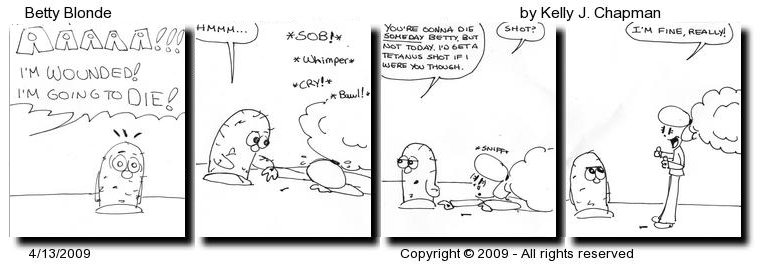
 I wanted to get a good shot of the small herd of domestic goats that walked past our office door, but I was not fast enough. I got this picture as the exited out the back of the parking lot around the side of the building. You cannot see them so well, but I wanted to preserve the evidence for posterity. There is a ton of wildlife around here. I saw my first javelina in the wild on the side of the road beside a fire station in a subdivision a couple of blocks from my hotel. Very cool.
I wanted to get a good shot of the small herd of domestic goats that walked past our office door, but I was not fast enough. I got this picture as the exited out the back of the parking lot around the side of the building. You cannot see them so well, but I wanted to preserve the evidence for posterity. There is a ton of wildlife around here. I saw my first javelina in the wild on the side of the road beside a fire station in a subdivision a couple of blocks from my hotel. Very cool.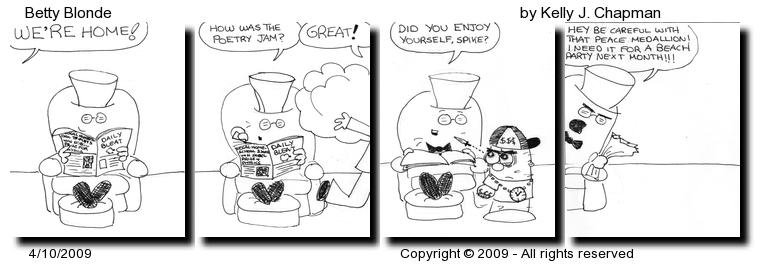
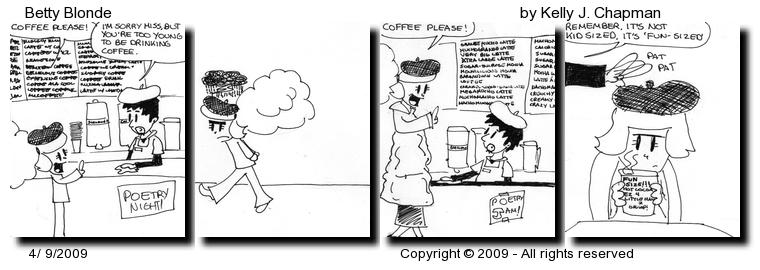
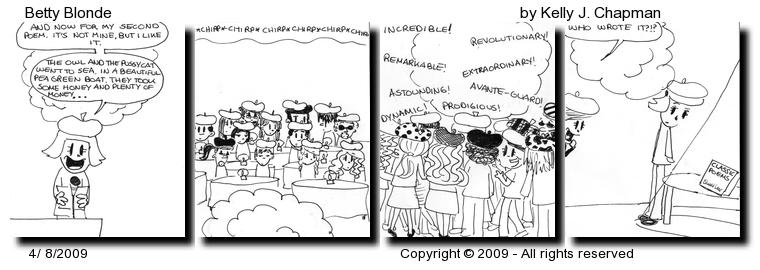
 Well, here is a big investment I wish I did not have to have made. It went in this morning. It got blown out by a power surge. I think I might even have to put in some surge protection so it will not happen again. You make an investment like this and it makes you not want to leave for awhile longer. North Carolina in general and Raleigh in particular is a very, very nice place to live. Lorena will warm and cozy while she does her school work.
Well, here is a big investment I wish I did not have to have made. It went in this morning. It got blown out by a power surge. I think I might even have to put in some surge protection so it will not happen again. You make an investment like this and it makes you not want to leave for awhile longer. North Carolina in general and Raleigh in particular is a very, very nice place to live. Lorena will warm and cozy while she does her school work.
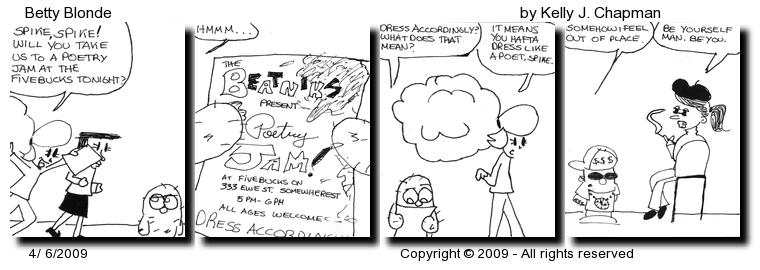
 Christian and I have been waiting a long, long time for a new phone. After the normal two year phone service subscription wait, we decided to wait an extra two months for the Samsung Galaxy Note 4’s to come out before we pulled the trigger. Lorena and Kelly opted for the Note 3’s and the reality is the difference between the two is evolutionary rather than revolutionary so they did not do too bad. Still, we are glad we waited.
Christian and I have been waiting a long, long time for a new phone. After the normal two year phone service subscription wait, we decided to wait an extra two months for the Samsung Galaxy Note 4’s to come out before we pulled the trigger. Lorena and Kelly opted for the Note 3’s and the reality is the difference between the two is evolutionary rather than revolutionary so they did not do too bad. Still, we are glad we waited.